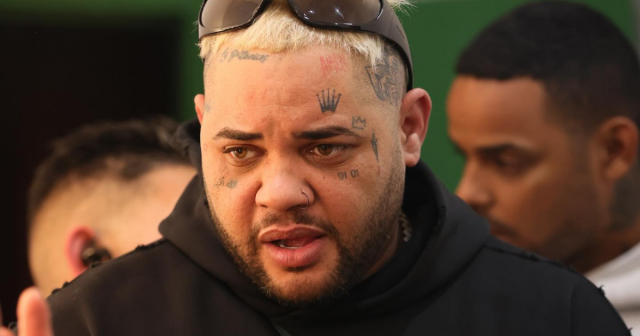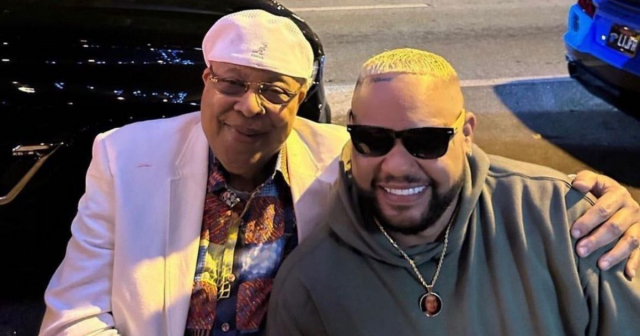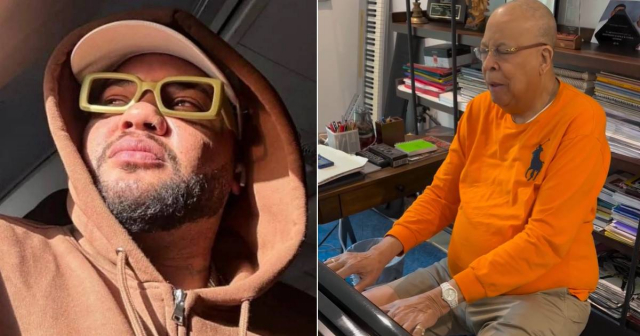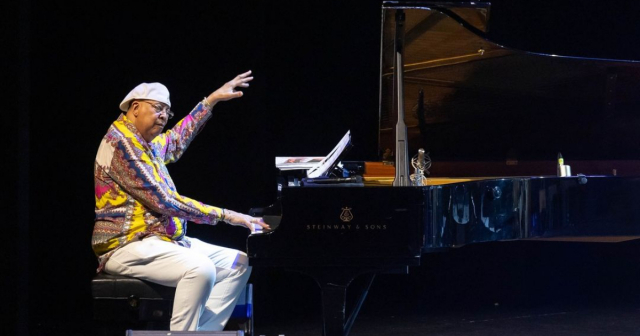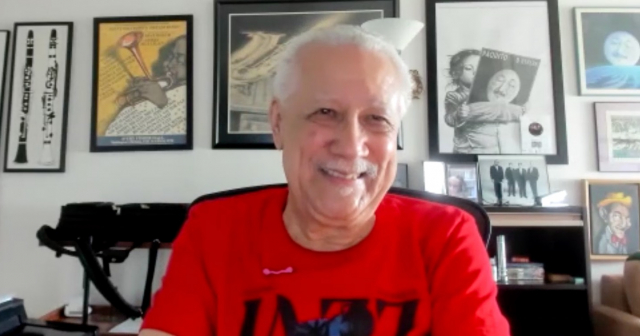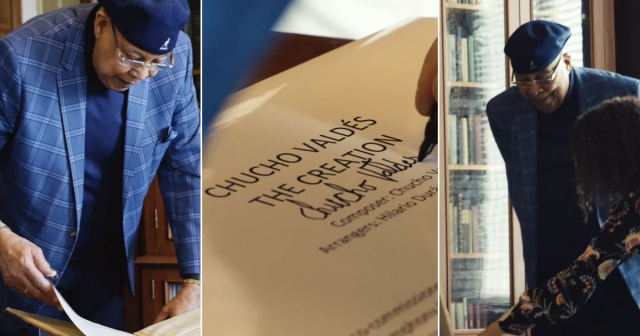The prominent Cuban musician Chucho Valdés declared himself "exiled" in a recent interview with journalist Juan Manuel Cao and once again denied having signed a letter in 2003 supporting the execution of three young men accused of hijacking a boat in Havana.
"Never, it's one thing for them to print your name in a newspaper just for the sake of it, simply for no reason, and to tarnish or try to tarnish your reputation and career in such a disgraceful way; it’s also very sad that a doubt remains," he said.
"Moreover, I would never sign anything like that, I can tell you that I was here in Miami, on tour in the United States, during the spring tour I always do, it was March or April, I was on tour and I found out here in Miami," he added.
Chucho explained that he was at a hotel with a friend named Raúl Artiles, and it was he who told him that his photo and name appeared in Granma as part of the list of intellectuals and artists supporting the executions.
"I was devastated because it's very sad to be used, to be utilized for no reason... It's the worst thing that has ever happened to me in my life," she emphasized.
The important Cuban pianist says that his closest ones, including his father Bebo, always knew that it was a lie, but he described it as "sad" that many people still have doubts and that he cannot "erase that."
Chucho Valdés did not explain why, at the time he learned what had happened, he did nothing to clarify the use of his name for such a disgraceful letter; certainly, Juan Manuel Cao did not inquire about it either.
The journalist did ask Chucho if he considers himself an "exile," "one of us," to which the former member of Irakere responded with a clear "yes," and clarified that he lives in Broward County.
This is not the first time that Chucho Valdés has denied having signed the disgraceful letter. In July 2021, shortly after the historic protests of July 11, he also denied signing it, but in that instance he provided an explanation stating that the regime had set a kind of trap to obtain his approval of the document.
"I never signed anything like that. Even if you saw my name on a document, at that time I was on tour in the United States, and an official contacted me during that tour to discuss including my name in a document against terrorism. At that moment, I was not aware of what was happening in my country and I did not have access to the internet," the musician responded in the comments section of a post.
"Days later, while I was having breakfast with a close friend at the hotel, I read that my name was used for another purpose, and that pain has remained in my heart until today. That is the truth!" he stated.
That explanation was provided in a post by Chucho Valdés on Facebook, where the renowned pianist expressed deep "sadness" for the suffering of his people, as well as calling for "international humanitarian aid."

The controversial letter gathered signatures from various figures in Cuban culture, including Silvio Rodríguez, Alicia Alonso, Omara Portuondo, Amaury Pérez, Roberto Fabelo, Eusebio Leal, and other renowned artists and intellectuals.
The document supported the execution of three young individuals involved in the attempted hijacking of the boat "Protesta de Baraguá," popularly known as the "Lanchita de Regla," which was used for transporting passengers in the Havana Bay.
Despite the fact that no one sustained physical injuries as a result of the alleged events, authorities ordered the execution of Lorenzo Enrique Copello Castillo, Bárbaro Leodán Sevilla García, and Jorge Luis Martínez Isaac.
In April 2020, 17 years after the events, the troubadour Silvio Rodríguez also denied having supported the executions. “I never supported those executions. And I am sure that none of the signatories of that letter did either,” the singer-songwriter stated in his blog Segunda Cita.
Filed under:

